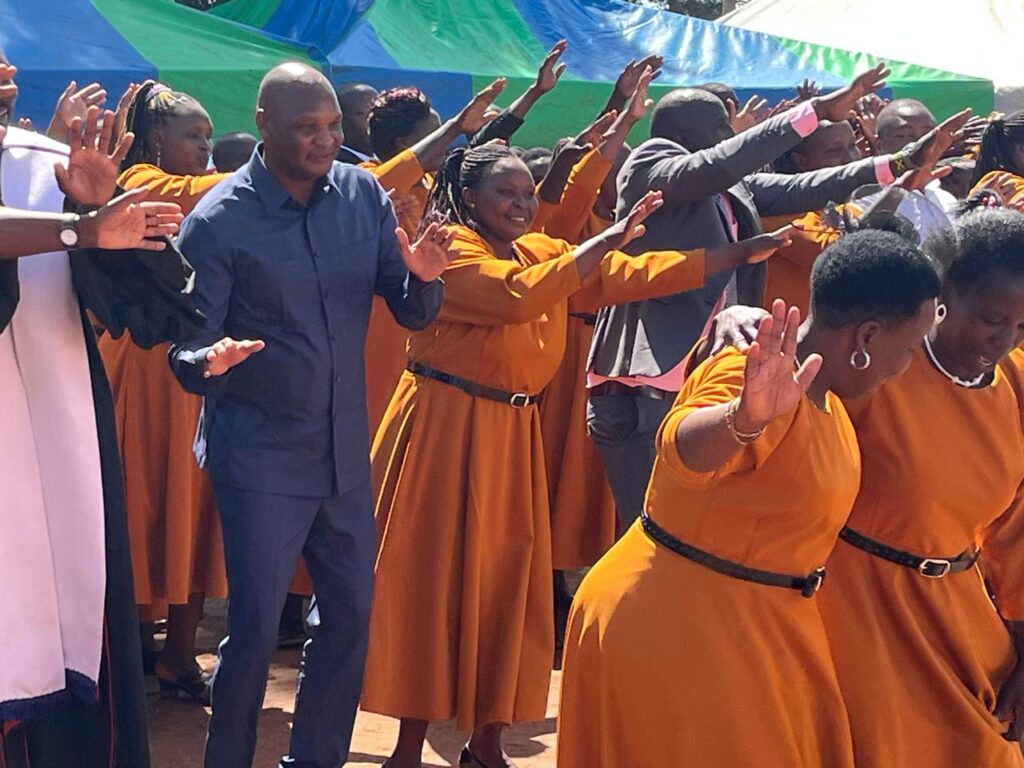President William Ruto’s long-serving aide, Farouk Kibet, has launched a scathing attack on former Deputy President Rigathi Gachagua following his recent controversial remarks during a tour of the Ukambani region. Gachagua referred to the Kamba community as “cousins” to the Mt Kenya people, suggesting their relationship should translate into political collaboration.
“Sisi ni macousin… Cousins wapendane wasipendane? Cousins watafute serikali pamoja wasitafute?” Gachagua said, comments that have since sparked political backlash.
Speaking at the RCEA Korosiot Church in Turbo, Farouk dismissed the remarks, urging Kenyans to ignore Gachagua. He was accompanied by MPs Innocent Mugabe (Likuyani) and John Bwire (Taita Taveta).
“He has now started calling other communities cousins. Gachagua is someone who should not be paid attention to,” said Farouk. “He was removed from office because he failed to support President Ruto. Churches should not offer platforms to such individuals.”
Farouk criticised Gachagua’s rhetoric, warning that such statements risk dividing Kenyans along tribal lines. He emphasized that leadership must be driven by national unity, not personal or ethnic interests.
“If he couldn’t work with his boss, President Ruto, how can he claim leadership credibility at any level?” he posed.
The presidential aide stressed the need for inclusivity, stating that Kenya belongs to all communities. He noted that future leadership should reflect the country’s diversity and mentioned that the Kalenjin community supported former President Uhuru Kenyatta unconditionally a standard he believes should apply to Ruto as well.
Farouk also defended Ruto’s administration, highlighting the progress of the Social Health Authority (SHA), improved food security through subsidised fertiliser, and ongoing rural electrification efforts.
Mugabe echoed these sentiments, calling for unity and lauding Ruto’s economic reforms. Bwire also praised the government’s efforts, saying they had positively impacted Kenyans’ livelihoods.
The remarks by Farouk and allied MPs signal intensifying political tensions as the country navigates shifting alliances and the broader debate on national cohesion and leadership succession.

